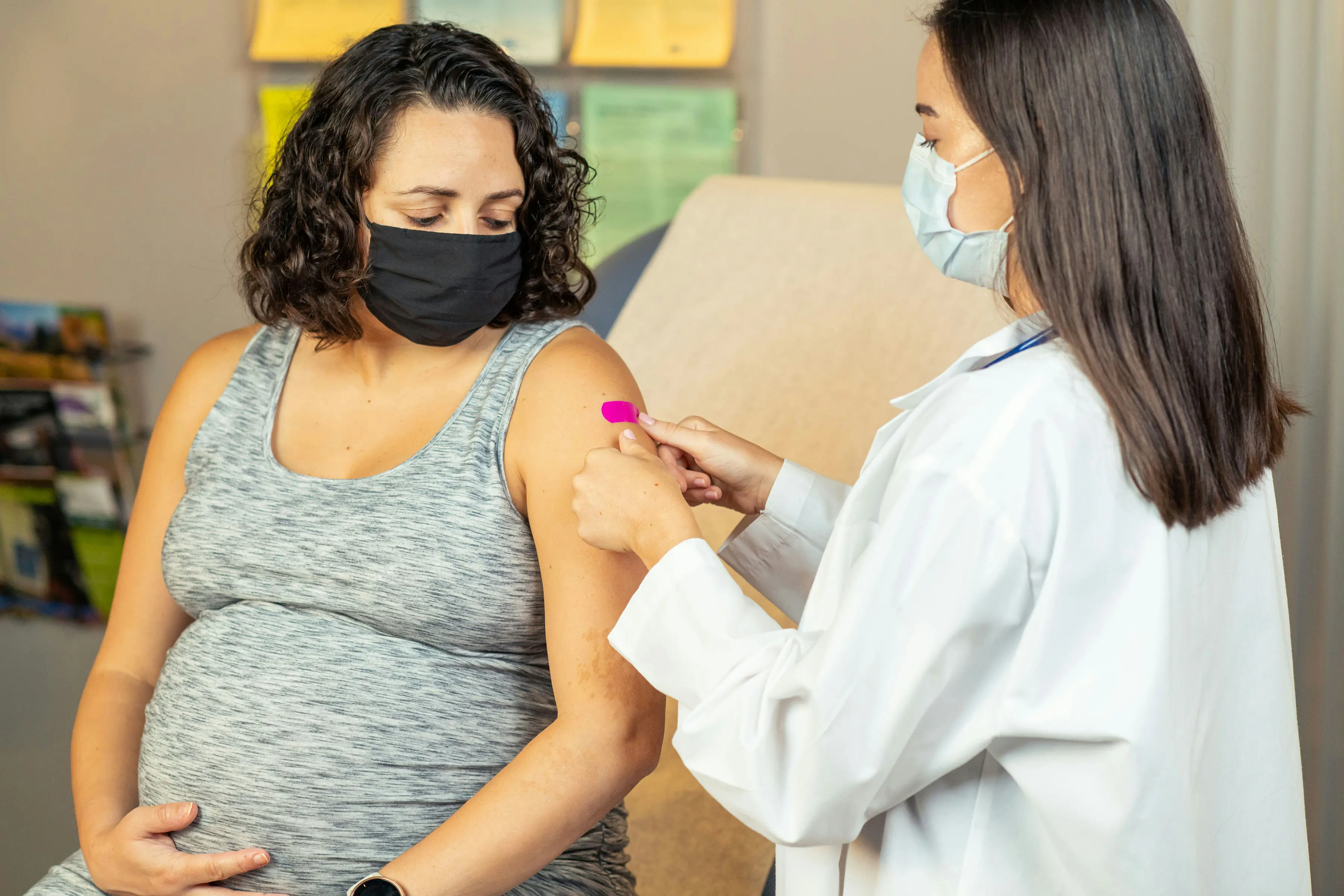Breakthrough Jab Shields Newborns From Dangerous Lung Infection Before They’re Even Born

In a major breakthrough for infant health, researchers have found that a new vaccine given to pregnant women is dramatically reducing the number of newborns hospitalized with respiratory syncytial virus (RSV), a common yet dangerous lung infection that affects babies worldwide.
The RSV vaccine, introduced in the UK in 2023 and offered during pregnancy, is the first of its kind to protect babies before they are even born. New data from a study by the University of Edinburgh and Public Health Scotland shows a 70 percent drop in hospital admissions for RSV among newborns whose mothers received the jab, a striking level of effectiveness that has stunned health experts.
RSV is a leading cause of bronchiolitis and pneumonia in infants, often peaking during the colder months. For most children, RSV causes mild, cold-like symptoms. But for newborns, especially those under six months old, it can cause severe breathing difficulties, leading to oxygen treatment or intensive care. Globally, RSV kills an estimated 100,000 children under 5 each year.
Now, thanks to maternal vaccination, thousands of babies may be spared from hospitalization and distress during their most vulnerable early days.
“This is a huge win for infant health,” said Professor Aziz Sheikh, lead researcher and director of the Usher Institute at the University of Edinburgh. “We’ve never had a tool this effective at protecting babies from RSV so early in life.”
The vaccine works by boosting the mother’s immune response, allowing protective antibodies to pass to the baby through the placenta. This passive immunity offers vital defense in the first few weeks after birth, before a baby’s immune system is fully developed.
The study analyzed national health data for nearly 25,000 infants, comparing outcomes between vaccinated and unvaccinated mothers. The results were clear: babies born to vaccinated mothers were far less likely to be hospitalized with RSV, and there were no concerning side effects.
“This maternal vaccine is a game changer,” said Dr. Jim McMenamin, head of health protection at Public Health Scotland. “It’s safe, effective, and protects the smallest and most fragile members of society from a serious illness.”
Health officials hope the findings will boost uptake of the RSV jab, which is currently offered to pregnant women during their third trimester as part of routine NHS care.
The success of the program is also sparking global interest. Countries facing seasonal RSV surges are now considering introducing similar maternal vaccination strategies, which could help reduce the strain on pediatric hospitals and save countless lives.
“Vaccinating during pregnancy isn’t just about protecting the mother,” said Professor Sheikh. “It’s about giving babies a stronger start from the very beginning.”
As respiratory viruses continue to place pressure on health systems, this breakthrough offers a glimmer of hope, that with timely intervention, we can outsmart even the most stubborn pathogens and rewrite the odds for our youngest patients.